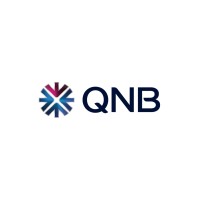
Punjab National Bank
“Fired by the spirit of nationalism and founded on the idea that Indians should have a national bank of their own, which would further the economic interest of the country, Punjab National Bank Ltd was the result of the efforts of far-sighted visionaries and patriots, among whom were persons like Lala Lajpat Rai, Mr. E C Jessawala, Babu Kali Prasono Roy, Lala Harkishan Lal and Sardar Dyal Singh Majithia. Incorporated under the Act VI of 1882, Indian Companies Act, the Bank commenced operations on April 12, 1895 from Lahore. Since inception, PNB has always been a "People's bank" serving millions of people throughout the country and also had the proud distinction of serving great national leaders like Sarvshri Jawahar Lal Nehru, Gobind Ballabh Pant, Lal Bahadur Shastri, Rafi Ahmed Kidwai, Smt. Indira Gandhi etc. amongst other who banked with us. Bank has spread its offerings and has grown as technology driven bank with products & services to meet the aspirations of every segment of customers. With more than 122 years of strong existence and a network of 6950 Domestic Branches, 10502 ATMs as on 31st March 2017, Punjab National Bank is serving more than 10 crore esteemed customers. PNB, being one of the largest Nationalised Bank, has continued to provide prudent and trustworthy banking services to its customers. The bank enjoys strong fundamentals, large franchise value and good brand image. With the mission of "Creating Value for all its customers, Investors and Employees for being the first choice for all stakeholders" its presence across India is a strong brand; “The name you can bank upon”. To download PNB One, click here: http://bit.ly/3WwQ4ig Share your feedback here: https://www.pnbindia.in/customers-survey.aspx






